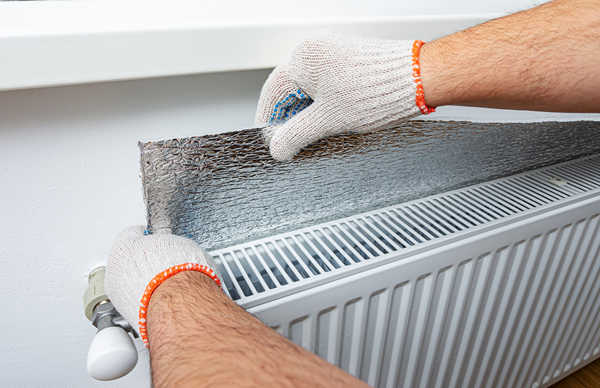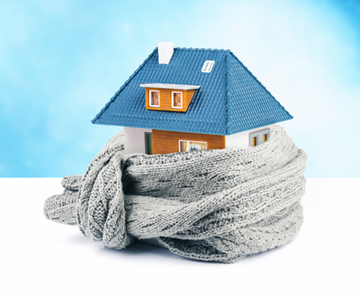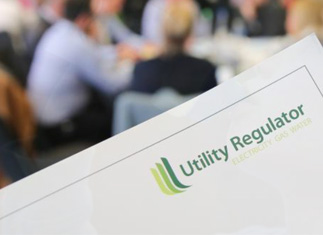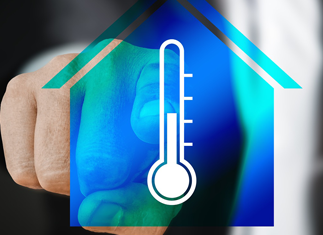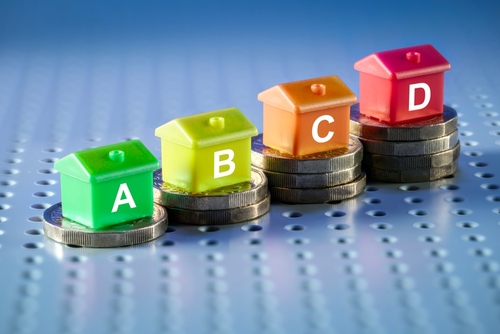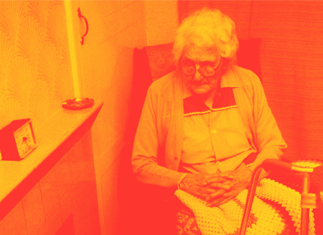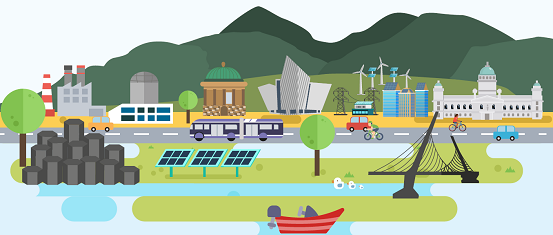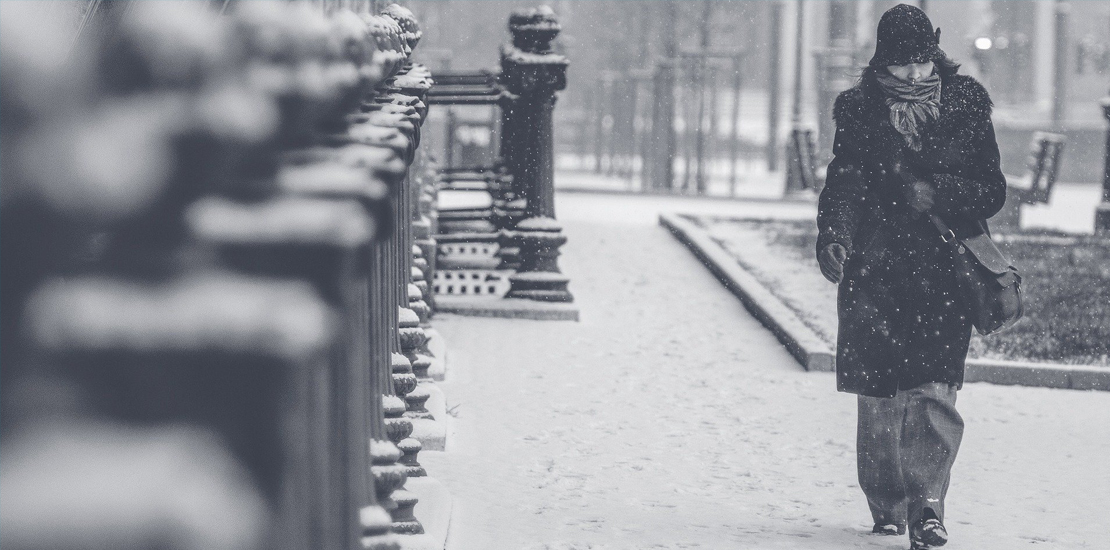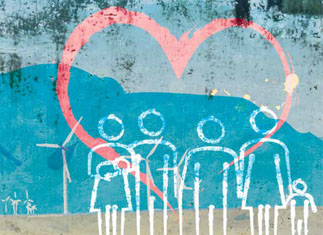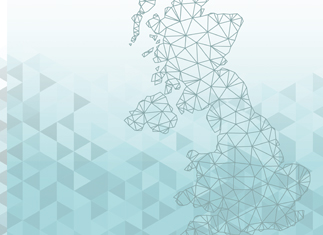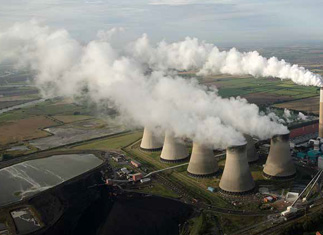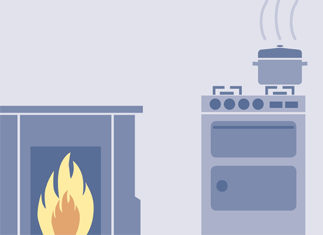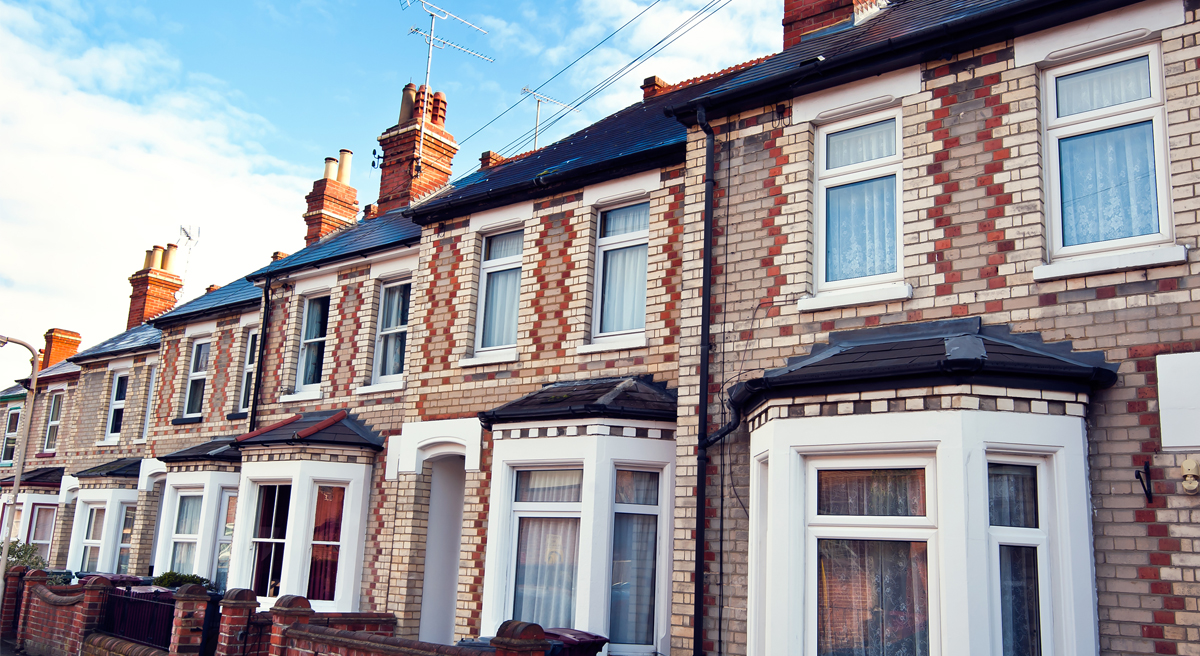LucidTalk — NEA NI: September 2024 – Northern Ireland (NI) Attitudinal Poll
Date: 26th Nov 2024
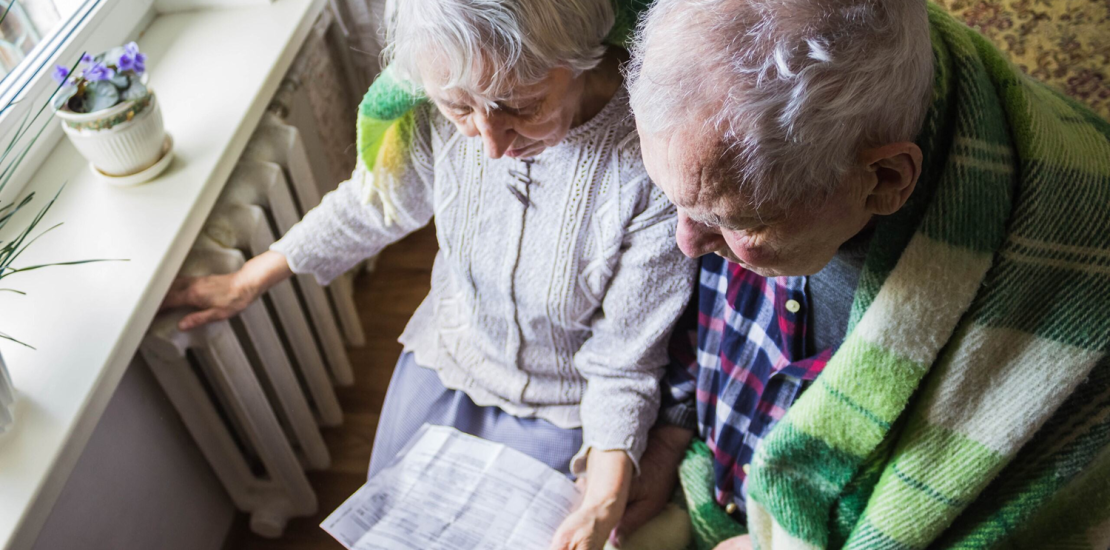
New polling by LucidTalk, commissioned by National Energy Action Northern Ireland (NEA NI), shows the extent of fuel poverty in Northern Ireland. The results found that over 40% of adults in the country say they are spending more than 10% of their total household expenditure on energy costs, meaning they are fuel poor.
Detrimental Coping Mechanisms
The survey shows that continued pressure on household budgets has led to a continued rise in detrimental ‘coping’ mechanisms. Many people are simply too scared to turn on the heat. A quarter (27% of households) said they went without heating (oil/gas) or electricity at a point during the last 24 months because they could not afford the costs of energy. This figure rose from 19% when NEA NI last conducted the poll in September 2023.
In NI, around 68% of households in Northern Ireland rely on home heating oil, a non-regulated fuel.
Respondents also said other coping mechanisms to deal with the rising energy prices and the cost of living included:
- reducing the use of central heating in their home (70%)
- using alternative heating sources such as coal fires and fan heaters (36%)
- sitting in a cold house wearing coats, blankets or using a hot water bottle (36%)
- reduced use of hot water (27%)
- skipping meals (9%).
Some of the comments of respondents present a very grim picture:
‘Have stayed in bed without oil heat, had clothes woollen hat, dressing gown, hot water bottle, electric blanket, and thermos flask for hot drinks to keep warm.’
‘Even affording oil through housing scheme is a difficultly as you need to have the lump sum.’
‘Skipped cooking for cold food’
‘Shower in work’
‘3 loans from social security still paying them back’
‘Visiting friends/relatives more often to share energy’
This shows that people living in cold homes in NI go to bed early, do reduce their usage of hot water for showering, washing clothes or washing dishes, and are not cooking, because they cannot afford the rising energy prices.
Debt
11% of respondents are in debt either currently or have been in debt in the last 24 months. Of those, debt is highest in Social Housing (21%).
6% of those in debt currently or have been in debt, have been in debt by £100 to £500.
22% of respondents had to borrow money to pay for their energy use. With 32%, the North (North Antrim, East Londonderry and Foyle) has the highest borrowing, while in comparison, the figure is 24% in Belfast. In private rented accommodation, the figure rises to 47%, but it’s highest in social housing with 55%.
Of those 17% borrowed money from family or friends, 6% used their Credit Card – 22% of those used the money to buy coal. 1% borrowed from a payday lender. As one respondent says: ‘Foolishly borrowed from a loan shark.’
Impact on renters
The survey showed that people in the private rented sector are disproportionally affected. 31% of NI respondents say that they or a member of their household’s health and wellbeing has been impacted by the rising energy prices and the cost of living. For people in the private rented sector the figure jumps to 56%.
When it comes to mental health, 21% of NI respondents say that their mental health has been affected by high energy prices, but the figure jumps to 45% for those renting from a private landlord or agency.
44% of respondents say that their quality of life has been impacted. The figure rises to 65% in the private rented sector.
There is much more to discover in the LucidTalk Poll report about Fuel Poverty in NI, so please feel free to download the report.
Please note:
LucidTalk runs regular ‘Attitudinal’ polls targeted at various sectors and usually targeted at Northern Ireland (NI), with the objective of obtaining a robust and mathematically representative sample of NI opinion.
For this project, online polling was carried out by LucidTalk over a period of 4 days from 13 to 16 September 2024. The project targeted the established Northern Ireland (NI) LucidTalk online Opinion Panel (16,000+ members) which is balanced by gender, age-group, area of residence and community background to ensure it is demographically representative of Northern Ireland.
2,696 full responses were collated, and after data auditing to ensure ‘one person-one vote’ responses, and the collation of a robust, accurate, and balanced representative NI sample, 1,199 full responses were recorded and used for analysis in terms of the final results.
All data results produced are accurate to a margin of error of +/-2.3%, at 95% confidence.
All polling questions were agreed by the NEA NI team and designed to British Polling Council (BPC) professional market research standards, to ensure neutrality and balance. This resulted in ten agreed poll-project questions and sub-questions being used for the research project.
Resources
© 2025 NEA all rights reserved.



